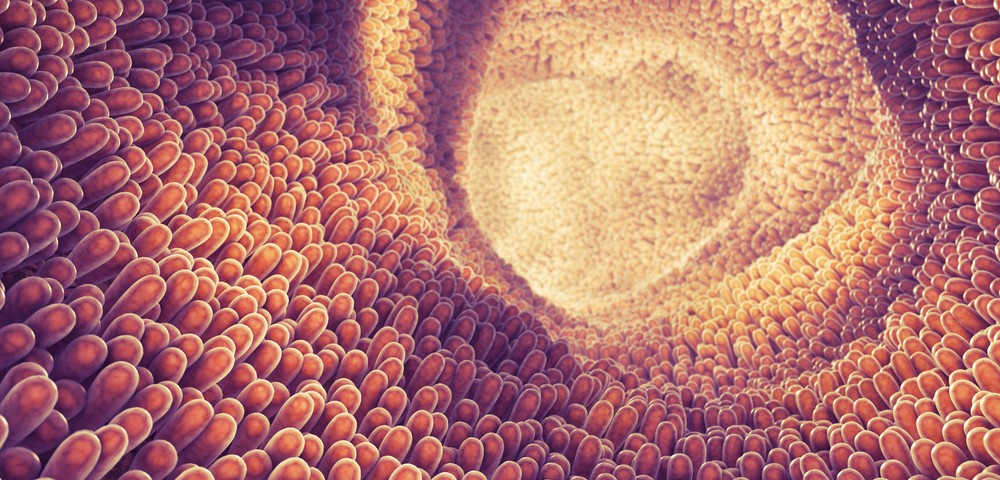Certain sugars produced by the body, called O-glycans, may play a crucial role in keeping the colon healthy and in preventing cancer. Understanding how these sugars function to protect the colon is paramount in developing therapies for diseases such as ulcerative colitis, Crohn’s disease, and colon cancer.
“Colorectal cancers pose a significant healthcare problem and are the third most common cancers for both men and women in the U.S.,” said Dr. Lijun Xia, from Oklahoma Medical Research Foundation, in a press release. “But in order to solve this problem, we first have to know the cause. In this case, we think we have found a key to this.”
To understand the role of these sugars in protecting the colon, Dr. Xia and his team genetically modified mice so that they did not produce any O-glycans. The researchers saw that in the absence of these sugars, the animals were missing the protective mucus layer lining the colon and the gastrointestinal tract. Without the layer, the animals developed colitis, or inflammation of the lining of the colon. As the animals aged, colitis turned into a type of colon cancer known as colitis-associated cancer.
O-glycans are the primary constituents of the thick mucus lining the colon and gastrointestinal tract.
“By deleting these type of sugar structures, the mice are now forming spontaneous colitis and colitis-associated colon cancer, which is exactly how the disease would occur in humans,” Dr. Xia said.
The next step is to develop therapeutic approaches to repair the damaged mucus layer and treat colitis, and ultimately prevent the development of colon cancer.
“Once you have a tumor, it can often be too late,” Dr. Xia said. “Our discovery indicates that if we prevent or control colitis, we’ll likely prevent that tumor from ever forming. That’s significant.”
The research was published in two separate articles. The first, “Core 1– and 3–derived O-glycans collectively maintain the colonic mucus barrier and protect against spontaneous colitis in mice,” was published online in the journal Mucosal Immunology; the second is titled “Defective intestinal mucin-type O-glycosylation causes spontaneous colitis-associated cancer in mice,” and was published in the journal Gastroenterology.

